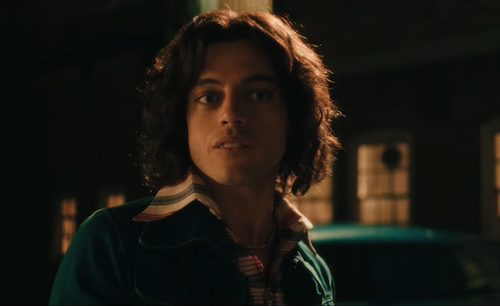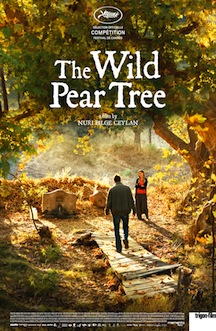Direction: Barry Jenkins
Country: USA
If Beale Street Could Talk is Barry Jenkins’ adaptation of James Baldwin’s 1974 novel of the same name, whose title refers to a 1916 blues song by W.C. Handy. To tell this sad tale of love, racial prejudice, and injustice, Jenkins (director of the three-Oscar winning Moonlight) reckoned on the acting skills of debutant Kiki Layne and the slightly more tested Stephan James, who appeared in Selma (2014) and Race (2016).
The story takes place in Harlem in the early ’70s, where the 19-year-old African-American Tish Rivers (Layne) informs her affectionate parents, Sharon (Regina King) and Joseph (Colman Domingo), as well as her sister Ernestine (Teyonah Parris), that she is pregnant from her fiancée Fonny (James), a childhood friend from her neighborhood who was put in jail without a trial for a rape he didn’t commit. A malicious white cop, Officer Bell (Ed Skrein), deliberately gave false testimony to frame Fonny, who now depends on the Puerto Rican victim, Victoria Rogers (Emily Rios), to clear his name.
Meanwhile, Fonny’s mother (Aunjanue Ellis), a religious fanatic, sees this pregnancy as an act of sin and curses Tish’s unborn child. In any case, the incident doesn’t dissuade her husband Frank (Michael Beach) to offer all his support. He starts working hard in cooperation with Frank in the interest of the child. A lawyer is hired, and Sharon travels to Puerto Rico in hopes that Ms. Rogers could change her mind.
Jenkins exerted the expected sensitivity for each scene, yet some of them worked better than others. For several times I got the feeling that the atmosphere was touching the theatrical, while from a narrative point of view, some struggle was detected in keeping up a convenient pace, with a couple of redundant scenes breaking the initial fluidity. Regardless of what has been said, it’s admirable how a jittery tension installs throughout with the physical violence kept to a minimum necessary. In the end, it’s all too heartbreaking.
With Ms. Layne making a notable first appearance on the big screen, and Jenkins treating the borrowed material with cognizance, this film can be considered a valuable entry in the specific category of based-on-true-events drama. It was also great if people could learn from its message.




























































